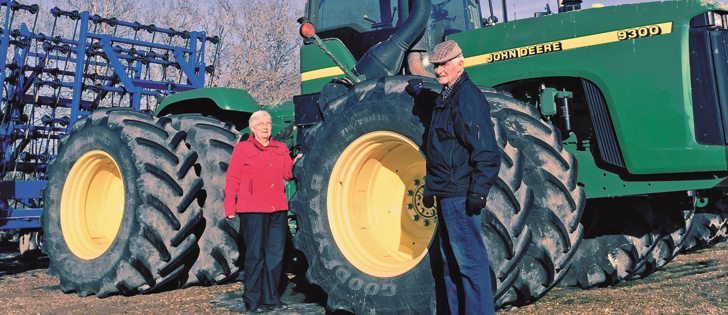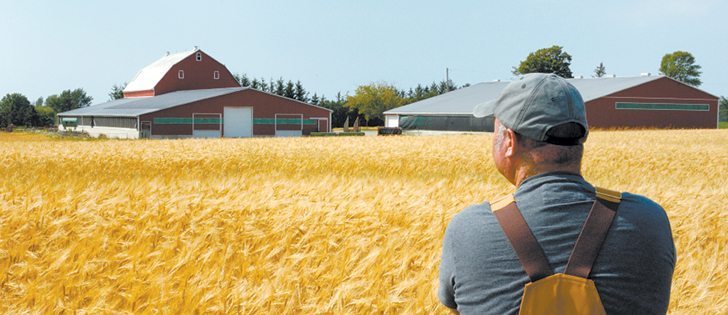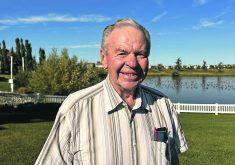Some people have a real problem with retirement. Many farmers are in that group.
Colleen Younie, a farm business management development officer with the Prince Edward Island agriculture department, has encountered some of them. These people are experiencing a profound sense of loss, grieving the farm, grieving a way of life, she says.
“They will say. ‘I made a huge mistake. I never should have sold,’ or ‘I never should have retired,’ and so on,” she says.
“More than any other business, the farm and a farmer’s personal identity are extremely intertwined. Their identity is the farm, and when they retire they think they have no identity. They’re nobody without the farm.”
Read Also

Joint tenancy differs from tenancy in common in Sask.
While joint tenancy and tenancy in common both allow co-ownership of a single parcel of land, the impact of each optiondiffers drastically when it comes to estate planning.
Those feelings will keep some farmers from retiring. Others may make the move and then it hits them and the grief sets in, she says.
Solutions aren’t easy. The old standby is to suggest should cultivating a hobby before retirement or doing volunteer work.
Other stories in this series:
- Finding satisfaction after retirement
- Retired and bored? Give the yard a facelift
- Saving for children’s education requires a plan
- The pros and cons of buying a condo in the city
Studies have shown that volunteering is good for more than just the organization and the people it serves. It can also be good for the volunteer. Volunteering can help stave off depression as well as dementia and hypertension.
However, it may not be the solution for you.
Psychologist Jacquelyn B. James of the Sloan Center on Aging and Work at Boston College, found that people who are volunteering out of a sense of duty may do themselves more harm than good.
She found in a 2012 study that individuals who reported low to medium engagement with volunteer work had significantly poorer psychological well-being than those who didn’t volunteer at all, while people who reported high engagement had greater psychological well-being.
Younie said cultivating a hobby usually works better if you can start on the hobby early in life rather than scrambling to find something after retirement.
Continuing to work but finding another job is a strategy that has served others well. This would be something smaller and not as stressful, something that makes good use of the individual’s particular talent.
“That might be organizing tours for farmers, setting up a machine shop or offering some service you felt was lacking when you were farming,” she says.
“Farmers are entrepreneurs. That may be what they’re missing.”
A farmer might be thinking about this new business in the years leading up to retirement or may even be getting it established before they retire.














